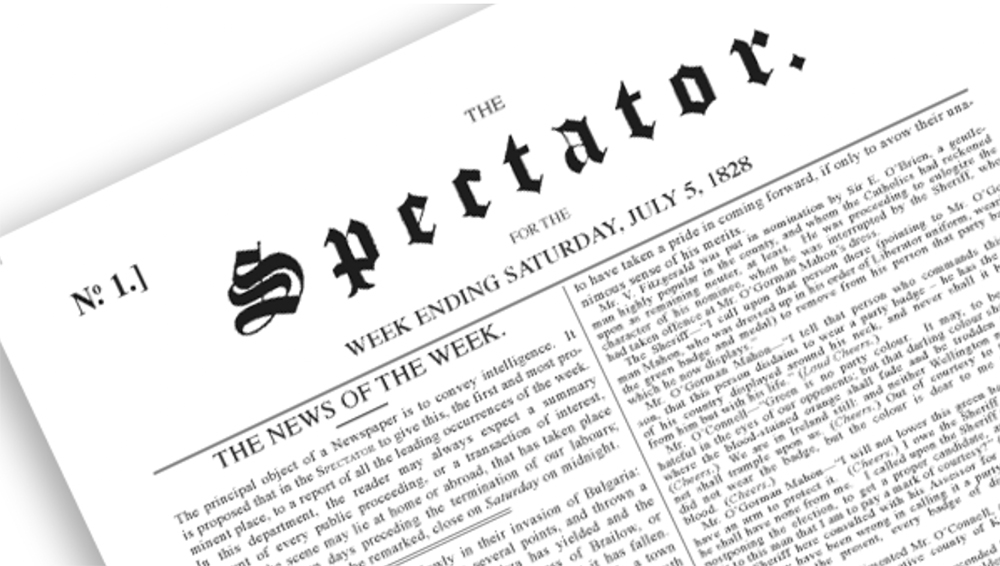
An awkward delay in the unveiling of the Mansion House Accord was, we’re told, nothing more than a Downing Street ‘timetabling issue’. It was perhaps a tenterhooks issue too, as Donald Trump’s Sharpie hovered over the UK-US trade deal which was clearly going to make bigger headlines. But the Accord also had to contend with City discord around the issue of ‘mandation’ of pension funds to invest in unlisted equity that might contribute to future UK growth.
In July 2023, 11 institutions inked the first Mansion House ‘compact’, committing 5 per cent of ‘defined contribution’ pension monies to private equity by the end of the decade. Now 17 industry leaders have committed to upping the target to 10 per cent, at least half of which will back UK ventures. But the real level of this category of investment is thought to be around 2 per cent – plus a small slice in infrastructure projects, for which the UK largely relies on foreign sovereign wealth and Canadian pension funds. And there’s a suspicion not much has changed since 2023.
Hence Chancellor Rachel Reeves’s proposal of reserve ‘mandation’ powers to force funds to invest according to her wishes if they won’t do so voluntarily. Meanwhile, the former lord mayor Sir Nicholas Lyons, who conceived the first compact, talks of ‘naming and shaming’ laggards; and the pensions expert Baroness Altmann goes further, calling for at least 25 per cent of new pension contributions to be invested in public and private UK shares, on pain of losing tax reliefs.
On the other side are those who argue that the primary duty of pension fund trustees is to generate optimum returns for future pensioners, not to act as a tool of dirigiste government policy. Scottish Widows, with £100 billion under management, signed the first compact but is conspicuously absent from the Accord. Other big names are reported to have expressed concerns. In truth, this is a contentious deal whose impact is diminished by wider scepticism towards the Reeves-Starmer growth agenda, which has otherwise gone nowhere at all. But it’s also true that our best high-growth businesses are starved of capital – and too many are drifting towards America. Let’s see whether the Accord makes any difference.
Wages of sin
‘Flutter bosses hit the jackpot after shifting listing from UK,’ says one headline. ‘Britain needs its richest woman to put her country first,’ says another. Both raises the question of whether we should worry that one of the few sectors in which the UK has shown world-class performance in recent times is online gambling. Or should we be more concerned, in tune with the item above, that they see a richer future in US markets?
Flutter is Anglo-Irish, combining Paddy Power with Sky Bet and Betfair; its London-based chief executive Peter Jackson almost tripled his pay to $22 million last year, after the company switched its stock exchange listing from London to New York. ‘Britain’s richest woman’ is Denise Coates, chief executive of her family’s Stoke-on-Trent-based Bet365 empire, who is reported to be discussing the sale of a stake to US private equity ahead of a public offering, also in New York. That would have investors ‘queuing halfway round Stoke’, says the Racing Post – and bring more billions into the bank for the quiet Mrs Coates, whom this column has consistently admired.
But should we say good riddance to businesses that prey on punters’ inability to stop themselves placing the next bet? Or should we gnash our teeth at the loss from London of home-grown ventures as profitable as these two?
The answer, I suggest, is more the latter – while recognising, to paraphrase Damon Runyon, that they are merely betting with the smart money, of which there’s plainly more to be had across the pond. Still, if that trend means we lose some big-name ‘sin stocks’, then maybe so be it. Far more serious is the absence of a new intake of virtuous London-listed world-beaters in every other sector.
Virtuous pit stop
Speaking of corporate virtue, which of us has not had occasion over the past half-century to be grateful to Sir Tom Farmer, the Scottish-born and devoutly Roman-Catholic founder of the Kwik Fit chain, who has died aged 84? The customer satisfaction of a typical Kwik Fit pit stop – for a puncture, a flat battery or a fallen exhaust – derived both from Farmer’s own experience as a young mechanic changing tyres in ‘rain, wind, snow and ice’ and from his investment in the skills of his workforce. And no one should hold it against him that he too took the big bucks, by selling his exemplary British business for $1.6 billion in 1999 to Ford of the US.
Easy meat
I once met a Middlesbrough butcher who told me his customers were much keener on cheap, bright-red steak imported from Angola than pricier well-aged beef from Yorkshire pastures. I thought of him again when I read that the US-UK trade deal includes tariff-free access in both directions for 13,000 tonnes of beef per annum – the only difference being that we won’t take their hormone-treated meat – and Donald Trump’s comment on Truth Social: ‘GREAT for our FARMERS and RANCHERS! Everybody benefits.’
Everybody, Mr President? Come off it – this is the very definition of a zero-sum game. If American beef is cheap, British shoppers will buy it. If British beef is relatively expensive (because of herd sizes and welfare costs for starters) and doesn’t taste like the cuts Americans blacken on their barbecues, it won’t sell over there.
In fact, the beef clause of this overhyped trade deal looks like a sacrifice to win slightly less painful tariff terms for UK car exports to the US – and yet another stitch-up for farmers whose shrinking portion of the economy makes them, to coin a phrase, easy meat. And I’ll bet those bright-red bargain-pack hormone-burgers find their way into our supermarkets anyway.








Comments